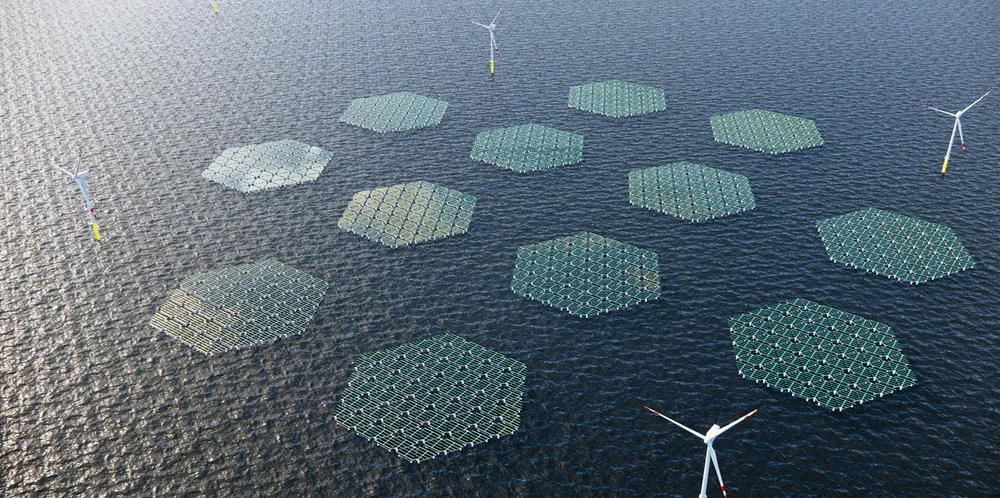Floating PV power ready for North Sea big time with wind as SolarDuck fits the bill
Stage set for 5MW project with energy storage as part of RWE's massive Hollandse Kust West off Netherlands

Stage set for 5MW project with energy storage as part of RWE's massive Hollandse Kust West off Netherlands
